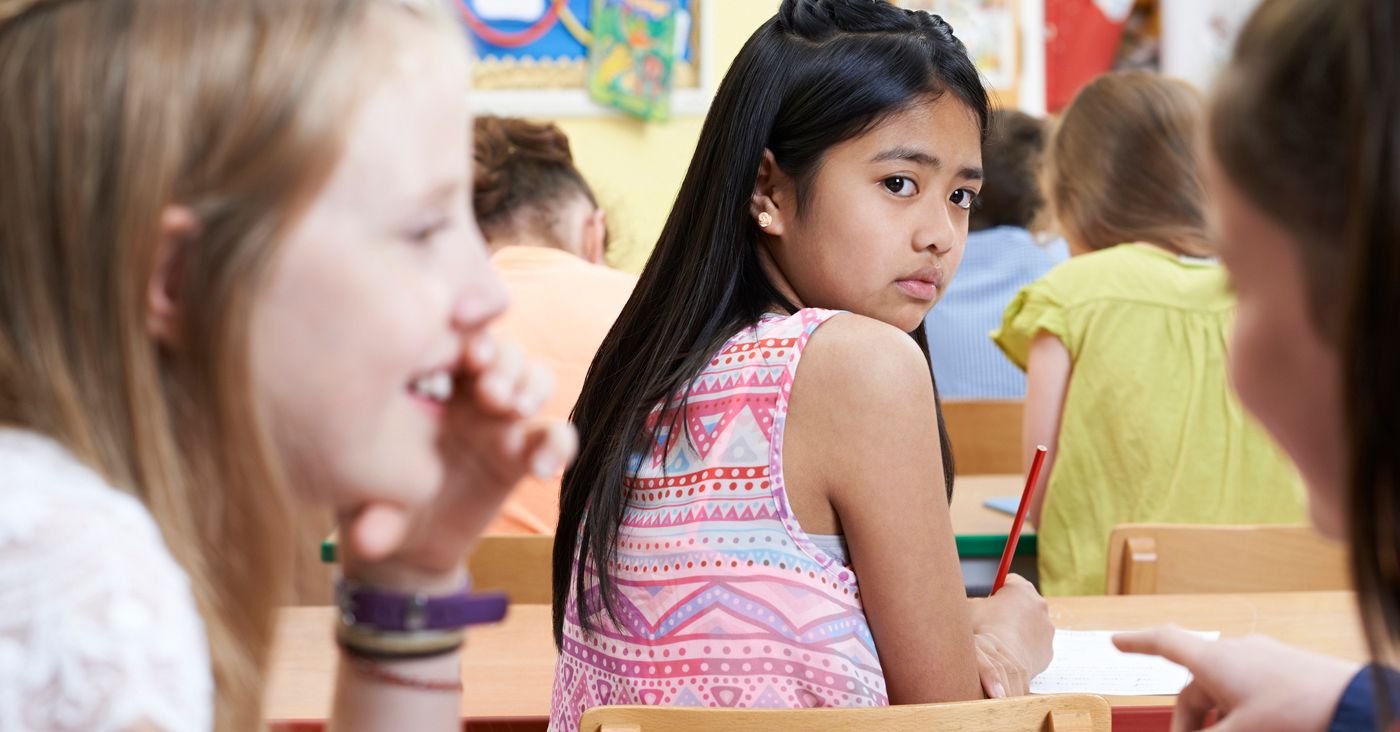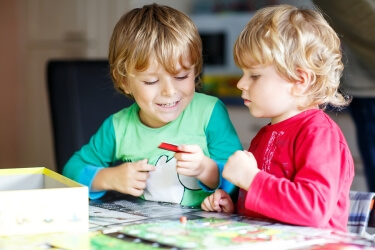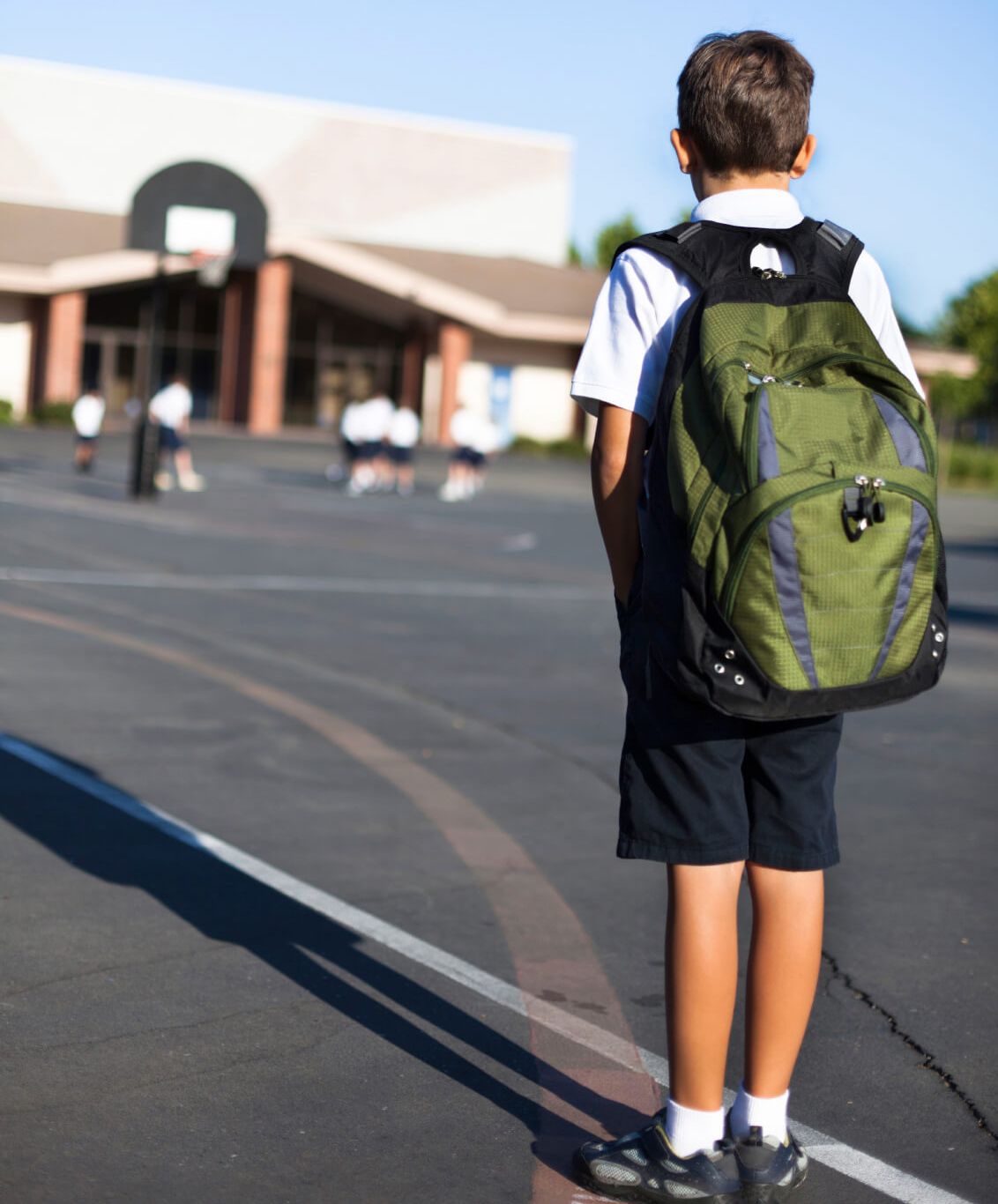Is My Child’s Friendship a Healthy One?
So much of how our kids learn to navigate the ever changing waters of their social world is through the friendships they make along the way. Even their earliest friendships foster social-emotional growth. When kids start playing with peers, they learn that their desires are not the only ones that matter. They learn give and take. They learn that their actions and words have impact on others. Friendships can help our kids feel safe and confident in the world outside of their immediate family. Strong peer bonds are even linked to longer life expectancies!

But what if we start to feel uneasy about the friendship? What are the subtle indications that are child may not be not an equal part in this relationship? How do we protect our kids’ hearts but not overstep and rob them from learning how to process their feelings and develop decision making skills for themselves?
Warning Signs
Rough Play
Have you ever cringed when watching another child roughhouse with yours? Especially between boys, this behavior is very much accepted. Make sure to look at both kids. Are they both enjoying it?
Bossiness
Being assertive means stating your feelings with confidence, suggesting ideas, and self-advocating. It does not mean dictating others what to do. It doesn’t mean making lots of rules that need to followed. Let’s not confuse assertive with bossiness.
Negative After-effects
Do you notice changes in your child at home before or after they hang out with him? Moodiness, more passive or aggressive body language, tone or choice of words are all red flags that something is off with this friendship.
What to do
Build your child up
When we feel secure and confident, we naturally gravitate towards people who treat us well. Practice how to express yourself in a clear, respectful way. Model appropriate assertiveness with your body language as well. Kids imitate their parents without even realizing it. Role play what to do when you say “please stop” and the other child doesn’t.
Teach your child to go with the flow as long as it’s not something that is against their values or they are not always the one who has to acquiesce. We want our kids to be flexible so they don’t misinterpret changes in game play or plans as slights against them. We also don’t want our kids feel they need to “police” everyone around them. It’s annoying to others and too great a burden on their little shoulders.
If you're unsure of what is happening with the friendship, invite the child over and observe how the kids interact with each other. Often things our kids tell us are more based on how they feel then what is happening. It can be helpful for us to get the facts before giving out advice to our kids.
Most of all, our kids need to know they can only control their own behavior. They have a choice in who to hang out with and kids can take a break from each other without the friendships ending forever. Relationships, especially growing up, ebb and flow in intensity. It’s so tempting to engineer our kids lives but we can provide the support and guidance they need by being emotionally attuned, listening and practicing these critical social skills that will serve them for a lifetime.



